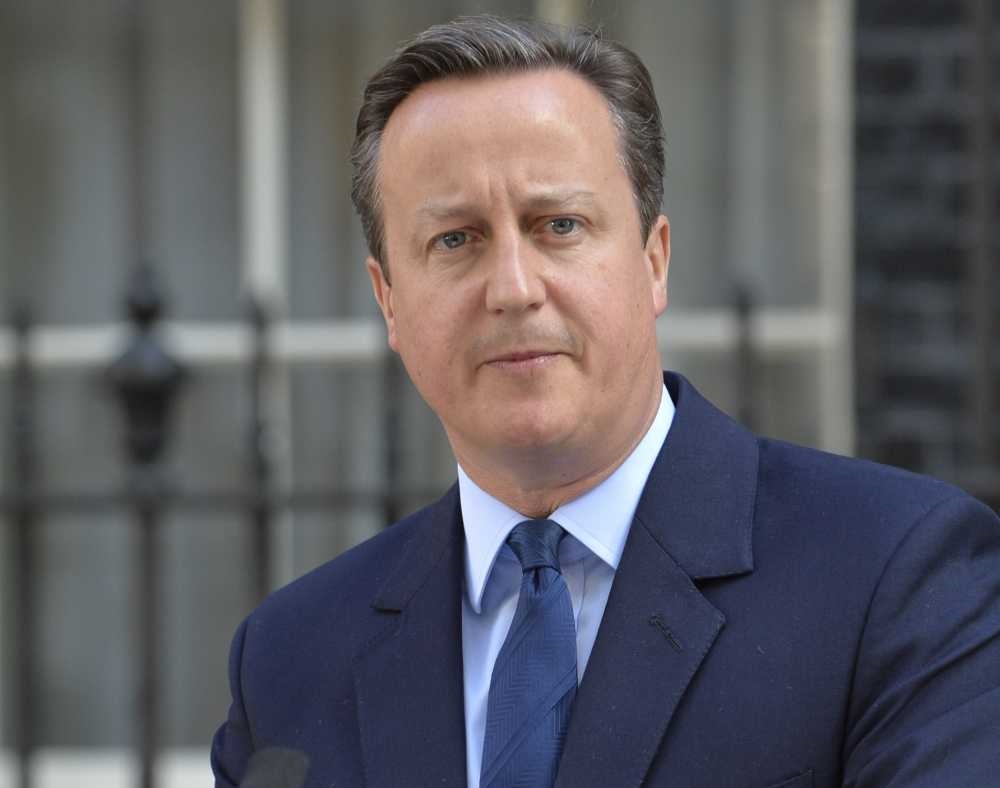
Prime Minister David Cameron on the weekend said that leaving the EU would have the immediate impact of increasing food prices.
"A weaker currency means more expensive imports; that means more expensive food and it drives higher business costs.
"And we all know where that ends up: higher prices in the shops," Cameron wrote in the Sun on Sunday newspaper.
The warning comes from a government analysis of the short-term impact that a British exit would have on voters.
He said the average family's weekly food and drink bill would rise by almost 3 percent, or 120 pounds ($174.06) per year, and that clothing and footwear costs would rise by 5 percent, or 100 pounds per year.
The 'rival 'Out' campaign disputed the analysis. "The EU pushes up the prices in our supermarkets because of its protectionist policies.
"That's ok for big business fat cats but it's not good for British families,' said Vote Leave Chief Executive Matthew Elliott.
Tim Worstall of Forbes also seemed to disagree with the Prime Minister's statements: "The specific effect that Cameron is looking at does exist.
"Yes, a weaker pound would push up import prices. But then there’s the Common Agricultural Policy.
"This is often touted as a “cheap food” policy but it is of course nothing of the kind. It’s an expensive food policy so as to support small scale farming across the region."
'Cost of importing will rise'
Indeed, the NFU Deputy General Martin Haworth has confirmed that the study 'British Agriculture; The implications of a UK exit from the EU, commissioned by the NFU from the Wageningen University', backs up this increase.
"The reason for this is that if we are outside the European single market - where three quarters of our food imports come from - the cost of importing will rise and so food prices will also rise", he said.
"This trade effect would be amplified if sterling were to weaken significantly against the euro.
"Of itself, high retail food prices would be bad news for consumers but not necessarily bad for farmers.
"However, most of those who are advocating that the UK should leave the EU say that food prices would fall because we could trade more openly with the rest of the world.
"For example, Michael Gove has stated this recently. So, a very likely response to the prospect of higher prices would be for a future government to reduce tariffs unilaterally in order to keep food prices low for consumers.
"This in turn would open up our market to imports produced to different – and potentially much lower standards of animal welfare and environmental impact - and as our Wageningen study showed this would significantly reduce UK farm incomes in all sectors."
